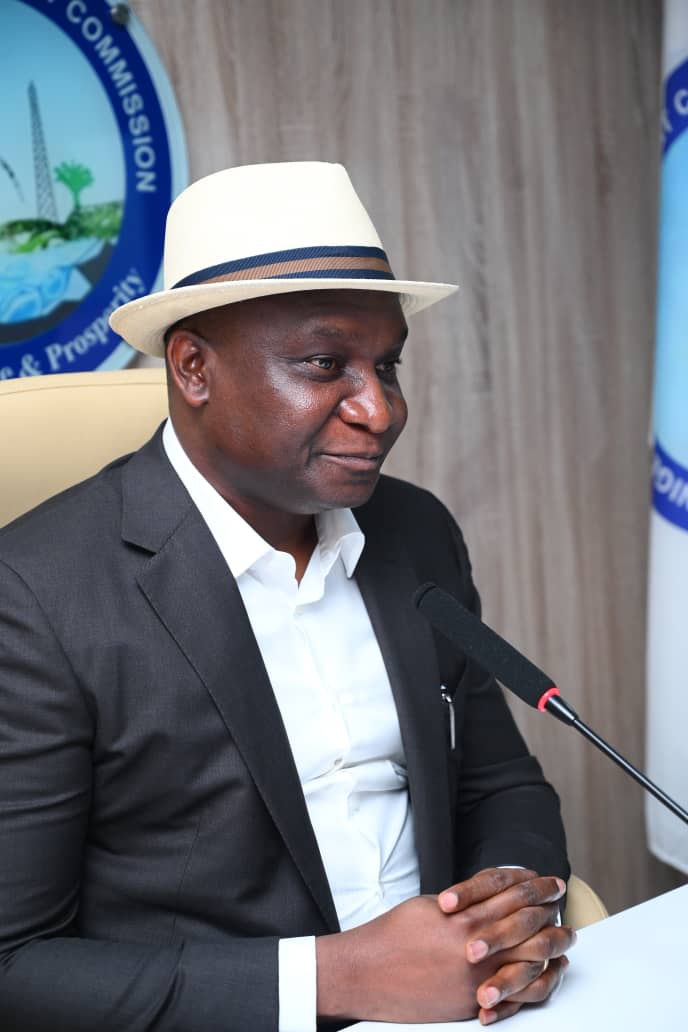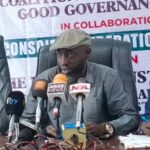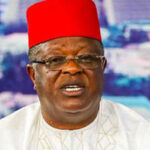By Ifeatu Agbu
Fast-tracking development in Nigeria’s oil-rich region is not only desirable, it is imperative for the peace that would ensure the continued exploitation of the oil and gas resources that constitute over 90 per cent of the country’s export earnings.
To achieve this goal, Niger Delta stakeholders have at different fora resolved that the best option to facilitate regional development is for all concerned parties to work together as partners.
Riding on that commitment, the Niger Delta Development Commission, NDDC, has set aside three days, July 10-13, 2024, to host a historic Niger Delta Stakeholders Summit at the Dr Obi Wali International Conference Centre, Port Harcourt, to articulate new strategies for driving the development of the Niger Delta region.
Designed to foster collaboration and establish a renewed path towards sustainable development, the summit promises to provide the platform for all development agencies to harmonise their plans and synergise for the comprehensive and accelerated development of the Niger Delta region.
The gathering of the stakeholders, which is anchoring on the theme: “Renewed Hope for Sustainable Development of the Niger Delta Region,” will offer the right ambience for dialogue and constructive engagement on pressing issues that impact the region, such as environmental sustainability, economic diversification, infrastructure development and social empowerment, among others.
Participants, including notable icons as Chief Edwin Clerk, former President Goodluck Jonathan and the Senate President, Chief Godswill Akpabio, to mention a few, will have the opportunity to share their perspectives, brainstorm on new ideas and explore solutions to address the varied challenges facing the Niger Delta region.
This august gathering represents a significant milestone in the efforts to galvanise resources to ensure the realisation of the region’s full potential and secure a prosperous future for Niger Deltans. It is a unique opportunity for all stakeholders, including political leaders, technocrats, industry experts and community leaders, to wear their thinking caps to give meaning to the Renewed Hope mantra of the Federal Government.
It is instructive that one of the cardinal policies of President Bola Ahmed Tinubu’s administration is stakeholders’ engagement. This policy thrust must have spurred the NDDC to step up its efforts in collaborating with various stakeholders, including the state governments to end the era of uncoordinated development and enhance the harmonious relationship between the development partners.
Without doubt, the development agencies, such as the oil companies, the federal, state, local governments, the Ministry of Niger Delta Development and the NDDC have a lot to gain by collaborating at different levels to drive the development process.
The socio-economic transformation of the Niger Delta region is too complex to be left for only one or two agencies of development. Obviously, undoing the damages wrought by decades of neglect and injustice requires partnership and synergy. The NDDC Act recognizes this fact and has defined the NDDC as a facilitator for the development process that involves a combination of all relevant stakeholders in the region.
Acknowledging this inclusive strategy, the NDDC Managing Director, Dr Samuel Ogbuku, notes the immense resources and opportunities in the Niger Delta region and agrees that by fostering partnerships and leveraging collective strengths, Niger Deltans can overcome their challenges and build a more resilient and prosperous region.
According to the NDDC Chief Executive Officer, stakeholders’ engagement is germane to development because it ensures that projects and activities of government are well understood by the people to create room for synergy.
Ogbuku explained: “We cannot be talking about the Renewed Hope Agenda and the plans for Niger Deltans, without giving the people opportunities for conversations on issues relating to the plans. The people must participate in the process leading to the formulation and implementation of plans.
“Renewed hope means touching the lives of people. This government is out to touch peoples’ lives. Bringing the people under one roof in the Niger Delta is to let them know what the renewed hope for sustainable development is all about and how beneficial it is for the region.
“The whole idea is to ensure that the people of the region key into the renewed hope for sustainable development, as well as support the programmes and activities of the government for the benefit of the Niger Delta region.”
During a recent visit to the NDDC headquarters, the National Chairman of Pan Niger Delta Forum, PANDEF, Senator Emmanuel Ibok-Essien, who led leaders of various groups to engage the NDDC management team, affirmed the importance of collaboration.
He notes: “We are glad to note the successes NDDC has recorded, such as signing a Memorandum of Understanding, MoU, with the Nigeria Liquified Natural Gas Limited, NLNG, on shared aspirations. We do hope to see your collaborative efforts and engagements generate positive fruits of development soonest.”
The need for coordinated response to the challenges confronting Nigeria’s oil-basin had long been recognised by the NDDC and this informed the setting up a clearing house called the Partners for Sustainable Development (PSD) Forum.
This important organ brings together representatives of federal and state governments of oil-bearing states, youth and women leaders, traditional rulers, as well as the organised private sector, civil society, the mass media and international development agencies such as the UNDP and the World Bank. Their main function is to ensure that the developmental activities across agencies and project providers in the Niger Delta are synchronised.
Engagements, such as the one taking place in the Rivers State capital are necessary to re-awaken all the institutions and agencies that come under the canopy of the PSD Forum.
Recognising this fact, the Chairman of the Summit Planning Committee and the NDDC Executive Director, Finance and Administration, Alabo Boma Iyaye, declares an unflagging confidence that the Summit will help to unlock the immense potentials of the Niger Delta region.
He states: “This summit is a testament to our collective commitment to the sustainable development of the Niger Delta.”
A renowned economist and the Chairman of the Niger Delta Chambers of Industry, Trade, Mines and Agriculture, NDCCITMA, Ambassador Idaere Gogo Ogan, shares the same view. For him, it has become imperative to have a strategic conversation on the roadmap for the Niger Delta region.
Putting it in context, he says: “The Niger Delta region, by way of economic size, combines to about 51 trillion naira today. If you put it on a comparative level, we are actually bigger than Africa’s seventh largest economy, Lagos, by almost 10 trillion naira. It gives you the picture and the reason a conversation must take place.
“Having this sort of conversation will help us to build a roadmap for economic development by highlighting the priority areas where government is meant to invest for the socio-economic transformation of the Niger Delta region.
“We need to discuss youth unemployment and ways to scale up our natural endowments and resources. How do we monetise our gas reserves? How do we transit from gas to power? Industrialisation of Nigeria can actually take place in the Niger Delta because we have the gas, which we can convert to power.”
Discussions must take place, Ogan insists, because “development does not come from only one man’s ideas. It has to go through series of plans and strategies. Of course, no matter the best plan you have, if you do not have a well thought out execution plan, progress will be difficult.
“Development should not be haphazard or subject to the interest of one man. It should be comprehensive and holistic with a strategic outlook. Any policy that is not evidence-based cannot deliver the development needs of our people.”
The Niger Delta Stakeholders’ Summit will feature high-level keynote addresses from prominent leaders and experts across various fields, technical sessions, interactive panel discussions on key thematic areas and networking opportunities for stakeholders to forge partnerships. In the end, the bonds of integration would have been strengthened to steer the lives of our people who are bound by the same circumstances toward greater productivity and prosperity.



